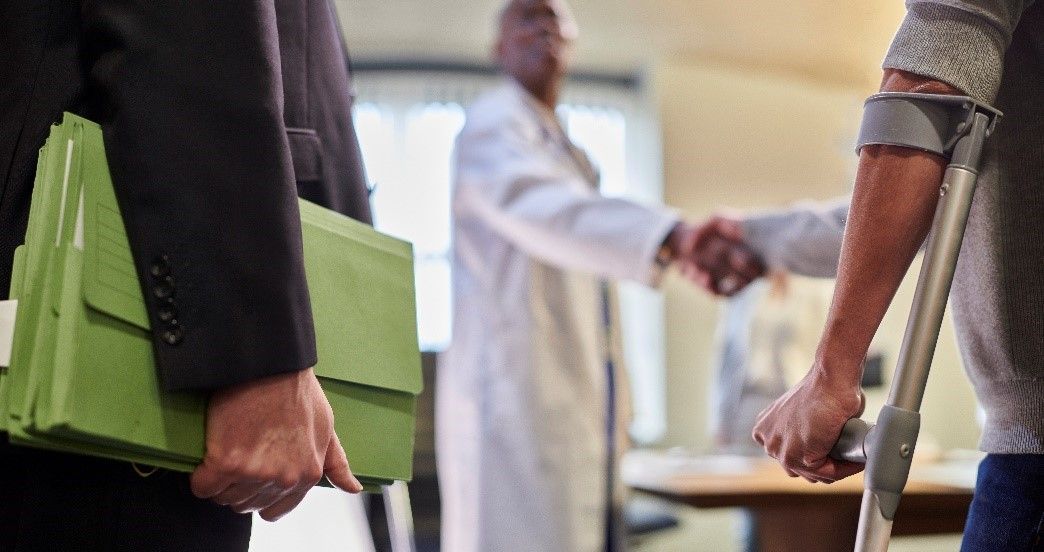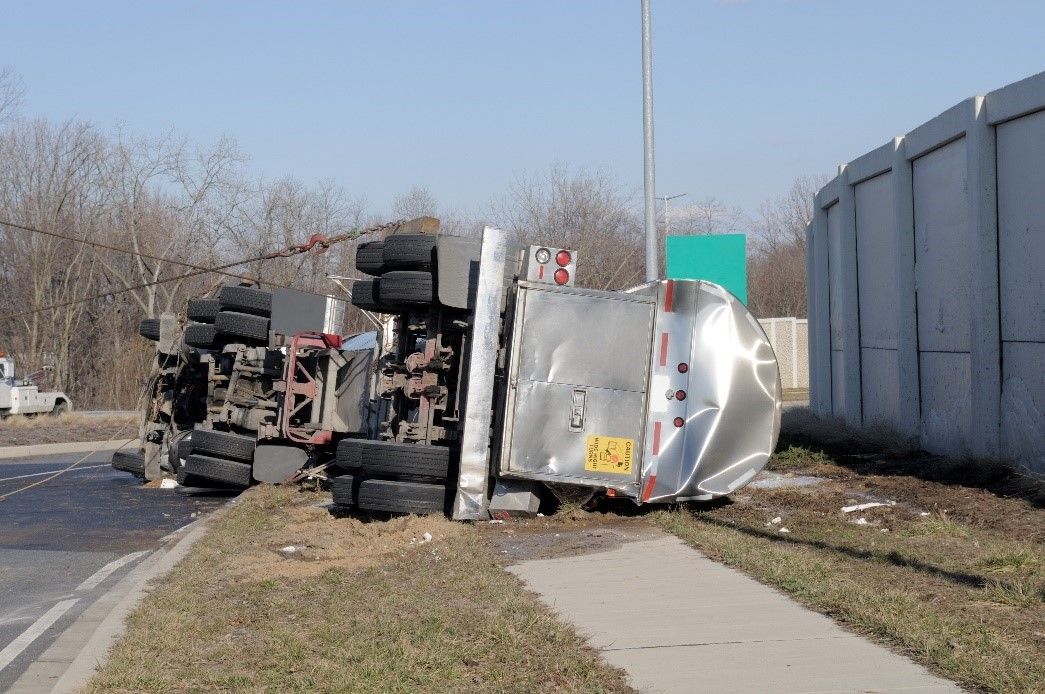BLOG
What You Need to Know About Dram Shop Laws
- By Robert Stahle
- •
- 12 Jun, 2019

Everyone knows that there are serious consequences to drinking and driving, not only legal issues but also the possibility that your actions while intoxicated could cause harm to another person. In many states, Dram shop laws exist, which allow injured parties to take action against an establishment whose lack of judgement in serving alcohol to an intoxicated person likely contributed to the accident.
What Is Dram Shop Law?
Most states, including Iowa, have dram shop laws in place, and although the laws may differ slightly from state to state, the basic premise is the same. These laws basically exert governance over establishments that serve alcohol and establish guidelines for the level of accountability these establishments have when they knowingly serve alcohol to an intoxicated individual.
Dram shop laws are often cited when a person has been involved in an accident involving a drunk driver. An injured party may take civil action against an establishment that knowingly, and some could argue recklessly, served alcohol to a person who could reasonably be presumed to be intoxicated. In these cases, the goal is to demonstrate that had the establishment acted responsibly, the accident or incident never would have occurred.
Traditionally, proving liability under the dram shop law requires proof that often relies on witnesses - which aren’t always reliable or willing to speak up in these situations. Last year, the Iowa Supreme Court made a decision that proof of liability can be obtained by “after the fact evidence”, such as having a high blood alcohol content shortly after leaving a certain establishment, even without witness testimony.
Can a Social Host Be Held Liable Under Dram Shop Laws?
What happens when an intoxicated person is served alcohol in someone’s home or other location outside of a licensed establishment. Dram shop laws don’t specifically cover these types of situations. In Iowa, the law pertains to any vendor that has a license or permit to serve alcohol.
Considering that a licensed establishment can be held accountable, many people wonder if someone who serves alcohol in a non-licensed social setting, such as a party in your home, can also be held responsible for the actions of their intoxicated guests.
In most cases, no. In Iowa, as well as Nebraska which doesn’t have an official dram shop law on the books, social hosts are immune with the exception of the involvement of minors. In both states, if a person breaks the law by serving alcohol to minors or allowing minors to consume alcohol on their property, they can be culpable if that minor causes an accident that results in harm or fatalities.
Seeking the Legal Representation You Need
Whether you’ve been injured by a drunk driver and need a personal injury attorney, or you’re facing charges for driving while intoxicated, our experienced team at Fitch & Stahle Law Office is prepared to tackle and win your case. Our experienced attorneys in the Siouxland area are here and ready to answer your questions. Reach out to the Fitch & Stahle Law Office for a consultation today.
Iowa


